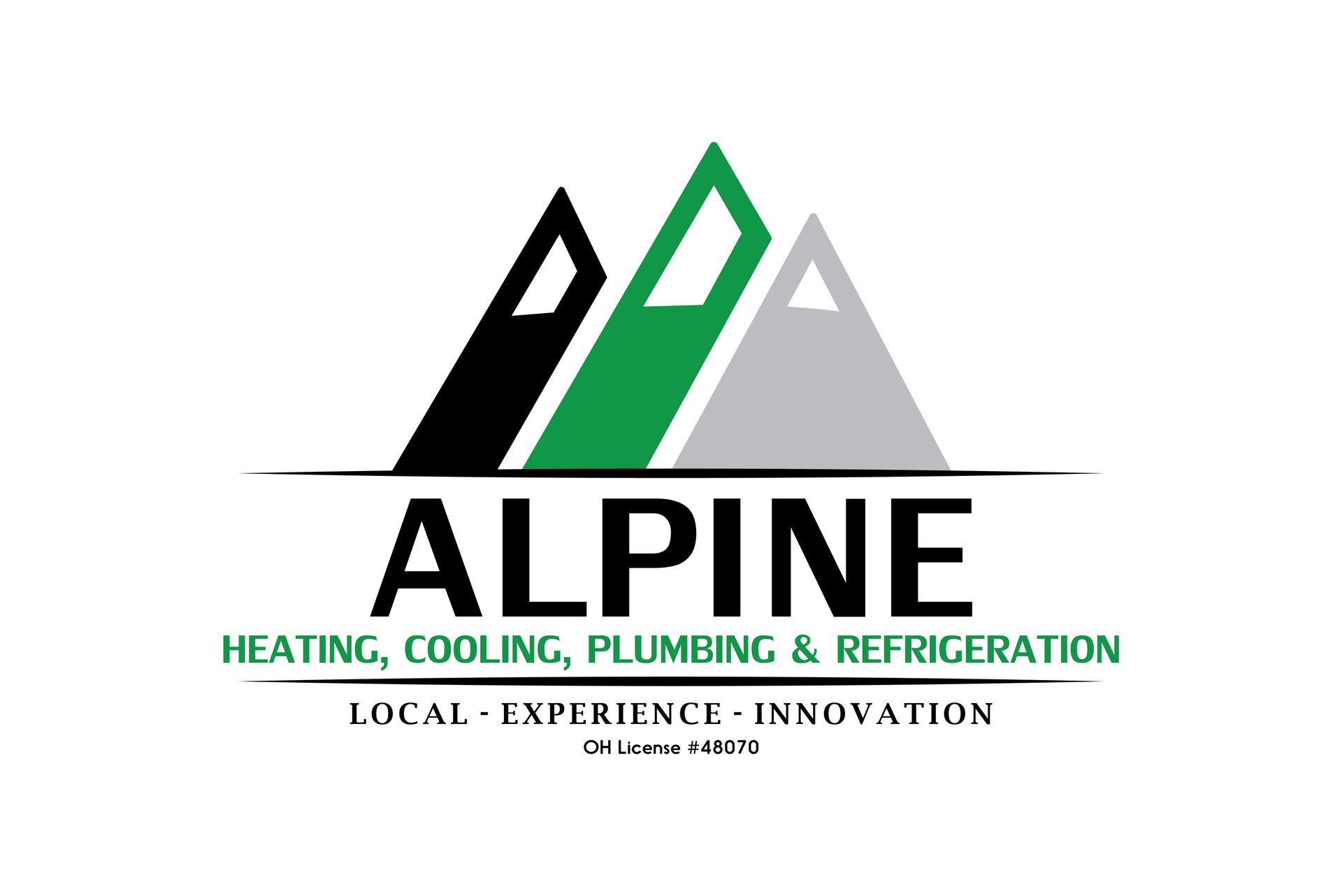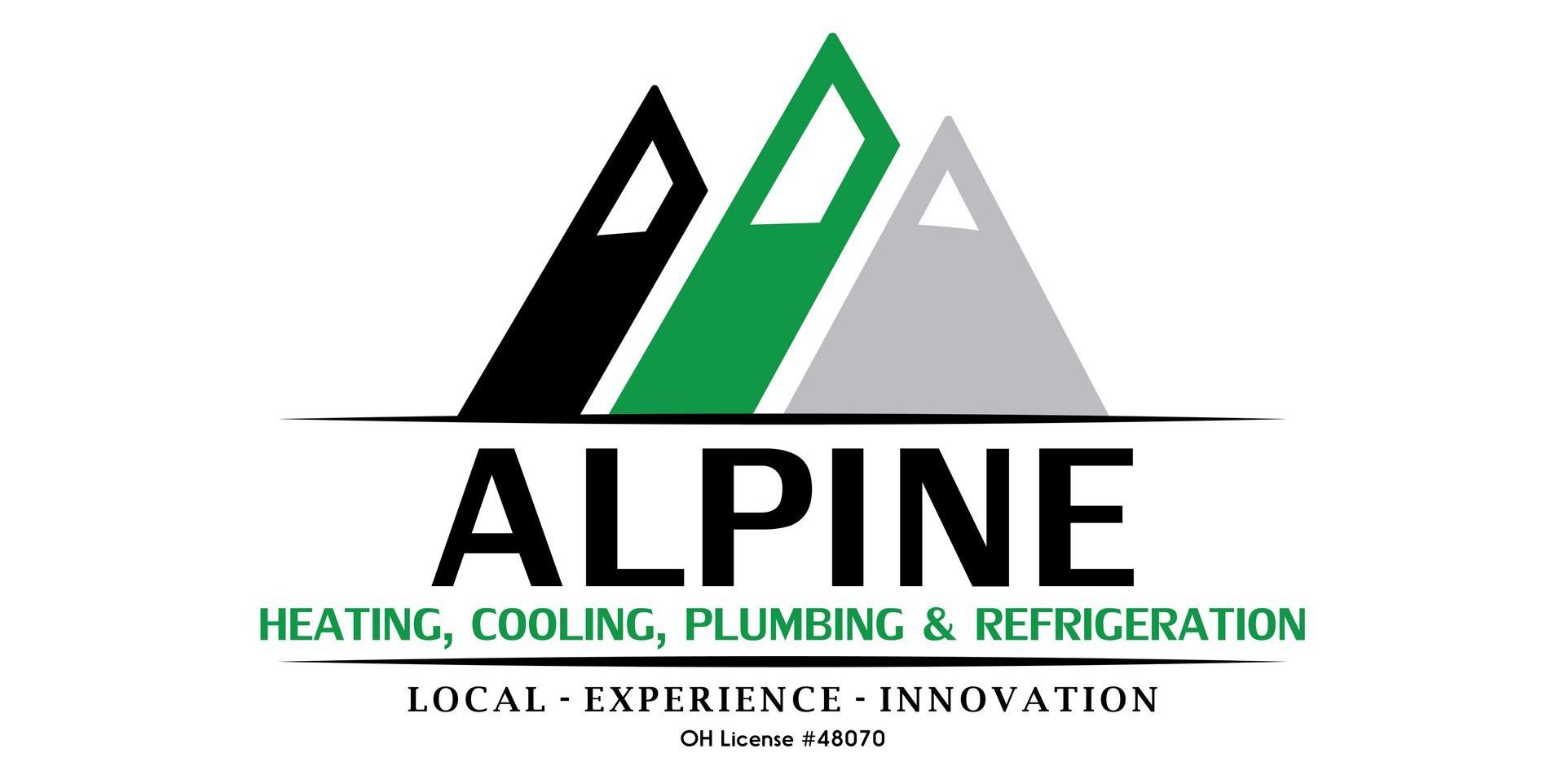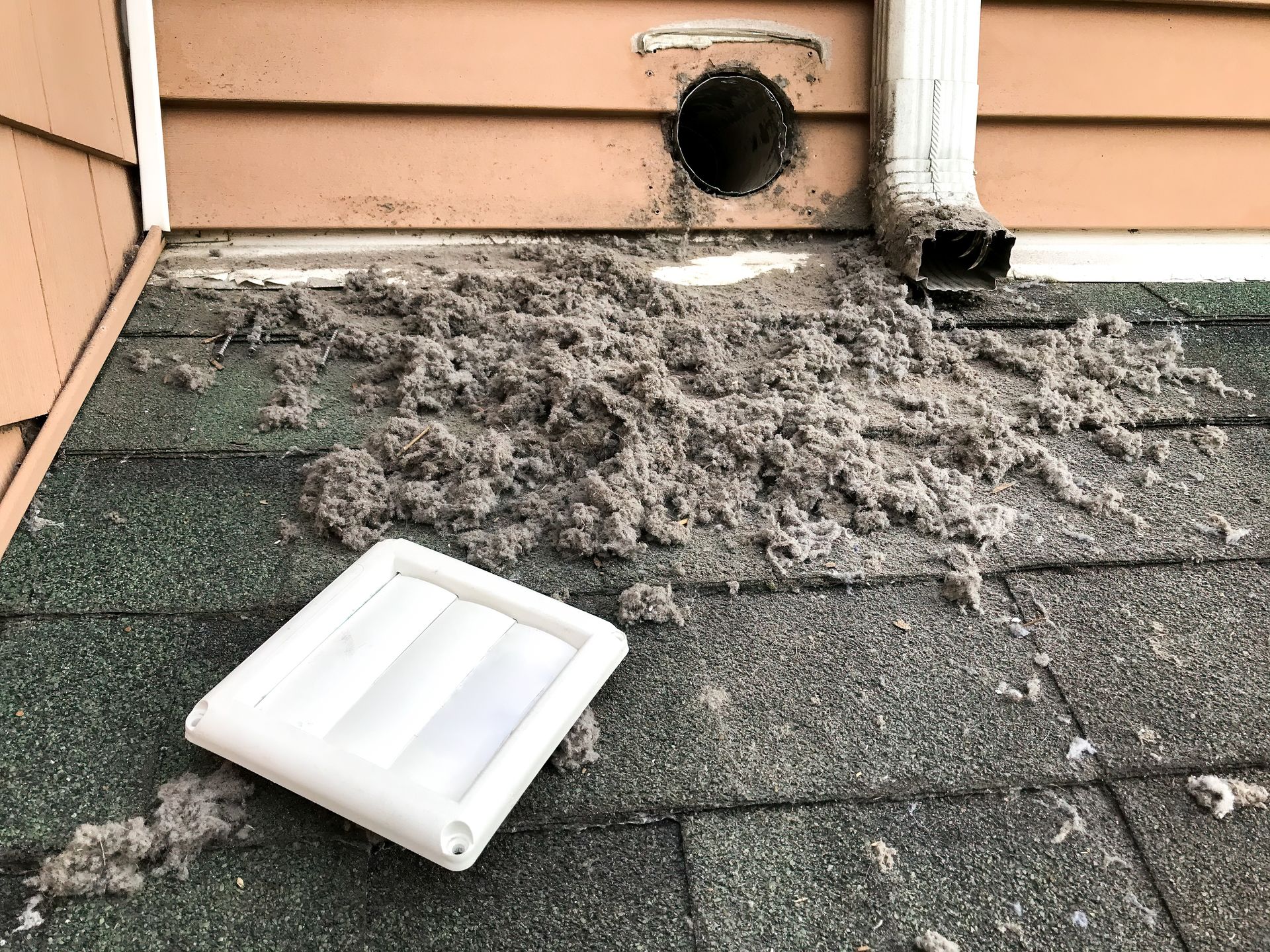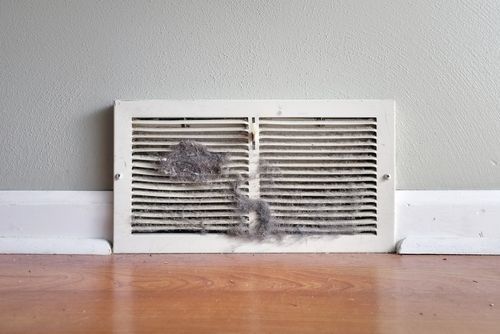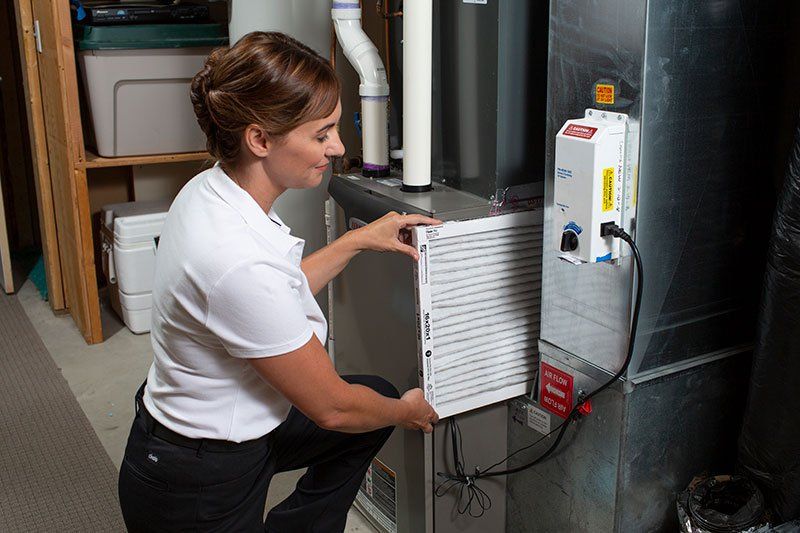The Ultimate Guide to Indoor Air Quality
Indoor air quality (IAQ) is a critical yet often overlooked aspect of our living environments. The air we breathe indoors can significantly impact our health and overall well-being. From allergies to respiratory issues, the quality of indoor air can play a substantial role. In this guide, we'll dive into the significance of indoor air quality and explore how HVAC systems can play a pivotal role in improving it.
Understanding Indoor Air Quality: Why It Matters
Indoor air quality refers to the condition of the air within buildings and structures, especially as it relates to the health and comfort of occupants. Poor IAQ can lead to a range of health problems, including allergies, asthma, fatigue, and even more severe respiratory conditions. Given that most of us spend a significant amount of time indoors, ensuring good indoor air quality is crucial.
Factors Affecting Indoor Air Quality
Numerous factors influence IAQ. These include:
- Airborne Particles: Dust, pollen, pet dander, and other airborne particles can exacerbate allergies and respiratory conditions.
- Chemical Pollutants: Volatile organic compounds (VOCs) from cleaning products, paints, and furniture can release harmful chemicals into the air.
- Humidity Levels: High humidity can promote mold growth, while low humidity can lead to dry skin and respiratory discomfort.
- Ventilation: Inadequate ventilation can result in a buildup of indoor pollutants and reduce the exchange of indoor and outdoor air.
HVAC Systems and Indoor Air Quality
HVAC systems have a significant role to play in maintaining good IAQ. Here are three key ways HVAC systems can improve indoor air quality:
- Air Filtration: High-quality air filters within HVAC systems can capture a wide range of particles, including dust, allergens, and pollutants, preventing them from circulating in the indoor air.
- Air Purification: Air purifiers, often integrated into HVAC systems, use advanced technologies to remove even smaller particles and contaminants from the air, enhancing overall air quality.
- Humidity Control: HVAC systems equipped with humidifiers and dehumidifiers can regulate indoor humidity levels, preventing mold growth and maintaining a comfortable environment.
Ventilation and Fresh Air Intake:
Proper ventilation is vital for diluting indoor pollutants and maintaining a steady flow of fresh air. HVAC systems with efficient ventilation mechanisms ensure that stale air is regularly replaced with clean, outdoor air.
Tips for Improving IAQ Through HVAC Systems
- Regular Maintenance: Ensure your HVAC system is regularly inspected and maintained. Clean or replace air filters as recommended.
- Choose the Right Filter: Opt for high-efficiency air filters that can trap smaller particles. Consider HEPA filters for enhanced filtration.
- Invest in Air Purifiers: If IAQ is a concern, consider installing air purifiers that can complement your HVAC system's efforts.
- Monitor Humidity: Maintain indoor humidity levels between 30% and 50% to prevent mold growth and respiratory discomfort.
In conclusion, understanding the significance of indoor air quality is crucial for a healthy and comfortable living environment. HVAC systems can serve as powerful tools in enhancing IAQ through air filtration, purification, humidity control, and proper ventilation. By taking steps to ensure clean and fresh indoor air, you're investing in your well-being and that of your loved ones.
Serving Wooster, OH, and surrounding communities since 1993, we are a locally owned and operated HVAC contractor working with a variety of heating and cooling systems. Call (330) 263-0013 to schedule an AC repair or inspection and visit our website to learn more about our qualifications. Connect on Facebook for more tips and insights.



